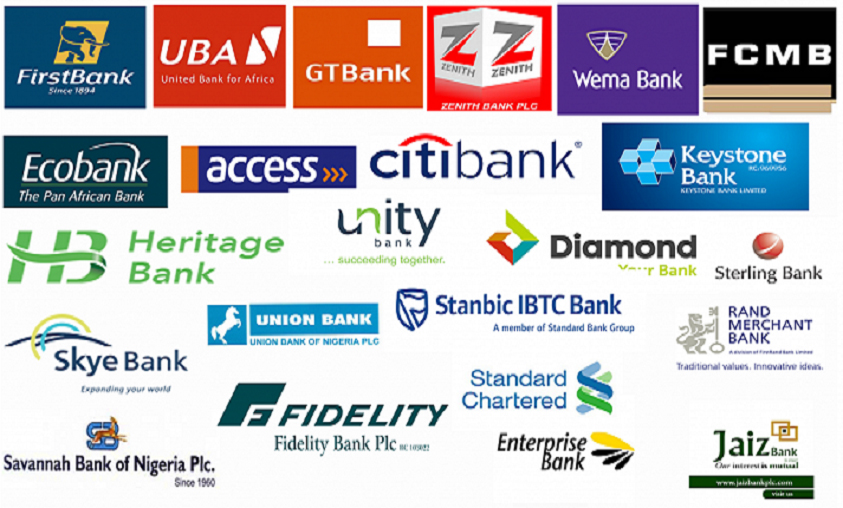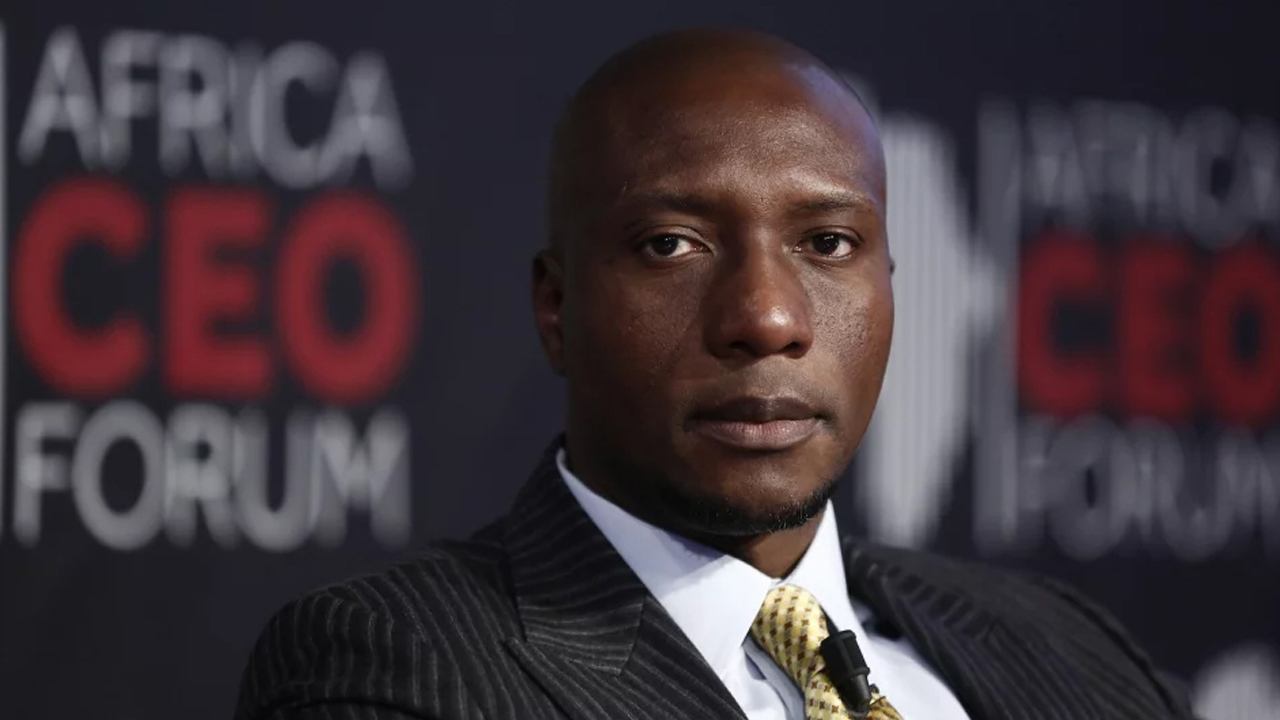Whereas efforts of the National Information Technology Development Agency (NITDA) to compel even ministries, departments and agencies (MDAs) to adopt Nigerian made software have remained elusive, fact checks show that capital flights by at least 10 Nigerian banks in software have crossed N120bn as of December 31, 2018.
In the last few years, the agency saddled with churning out regulatory policies governing technological adoptions and activities had been having running battles with MDAs over backward integration to indigenous software.
The scenario further forced the agency to now make it a mandatory condition for all MDAs to first inform it of any need to go for none Nigerian software for approval to avoid sanctions.
Whereas it was not clear if the order is being followed by all MDAs especially those associated with revenue collection and related critical assignments, efforts to extend the order to the private sector had continued to face setback as experts say local App and software developers are yet to hit the ripe age for certain Apps.
Recent findings showed that investment by banks in software grew by 55 per cent in two years from the N77.35bn the banks collectively reported in their financial report ended December 31, 2016.
Recall that the financial institutions use the technologies packaged in software to facilitate and secure their operations.
Otherwise, software is regarded as intangible assets and generates economic benefits for the financial institutions for more than three years before upgrade or change is required.
Some of the financial giants in forefront fo heavy spending on software include in no particular order, First City Monument Bank Limited, Guaranty Trust Bank Plc, Sterling Bank Plc, Zenith Bank Plc, United Bank for Africa Plc and First Bank of Nigeria Plc.
Others include Wema Bank Plc, Union Bank Plc, Unity Bank Plc and Jaiz Bank Plc.

Experts are aware that software, which forms a critical asset of the financial institutions to carry out transactions and protect customers’ funds, is usually upgraded every four or five years and the process of upgrade costs much in foreign currency based on the fact that many of them are imported from parts of Europe and Asian tigers.









